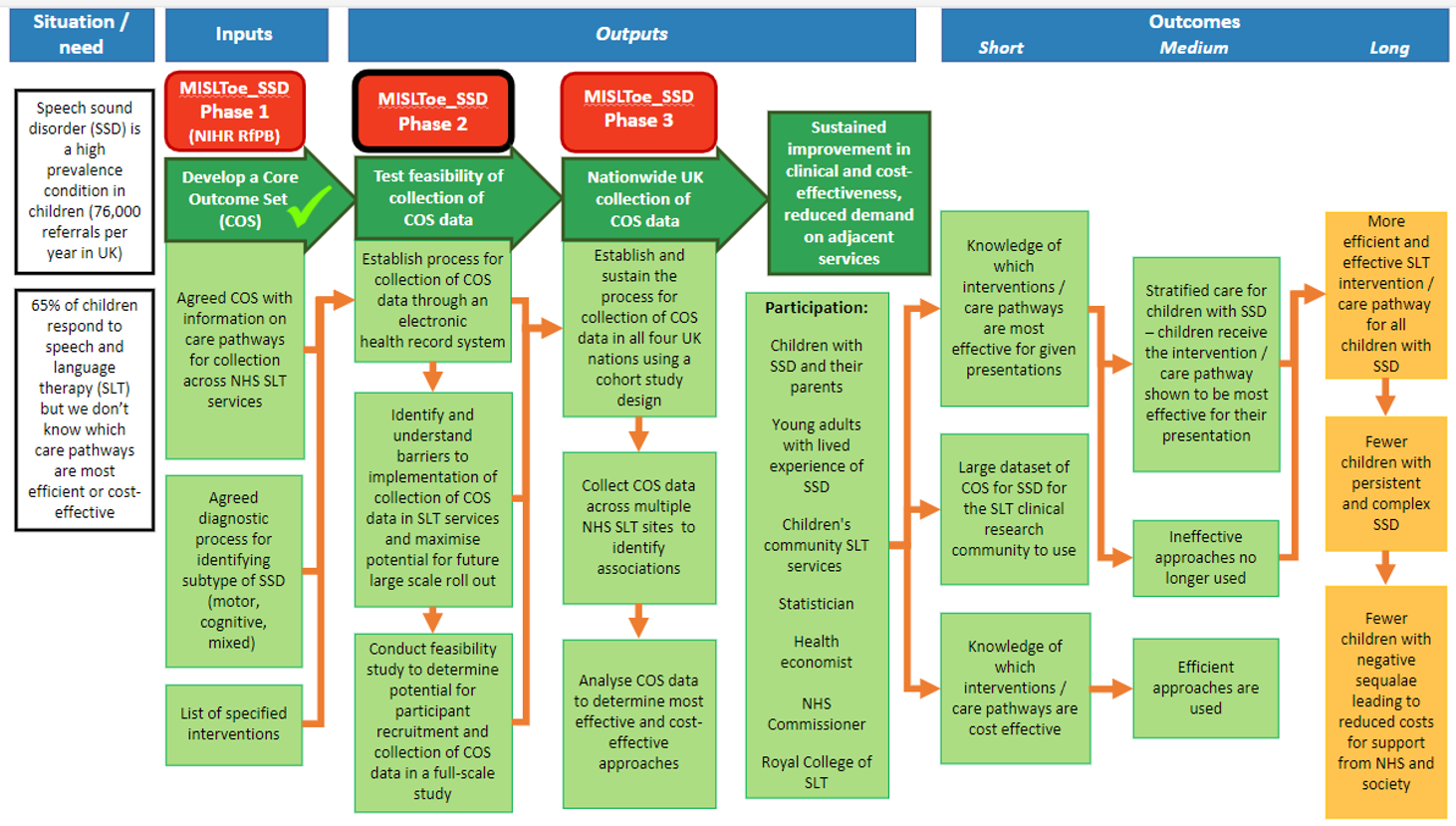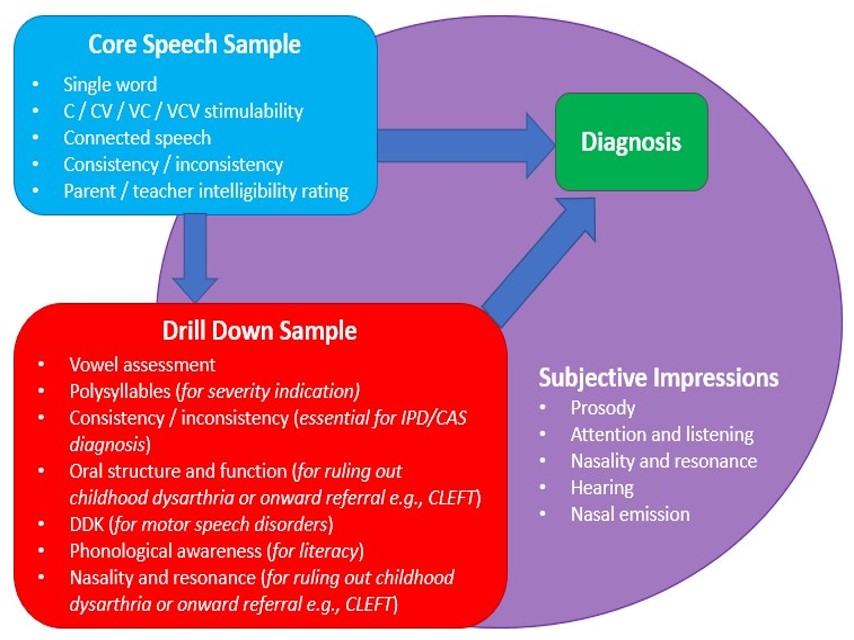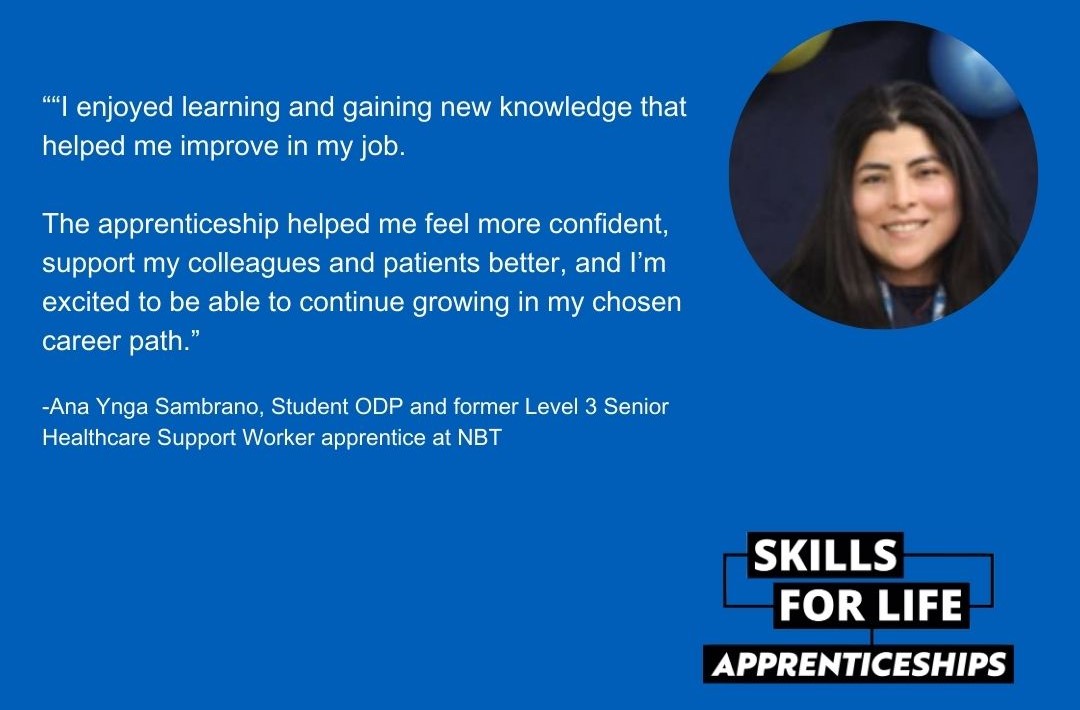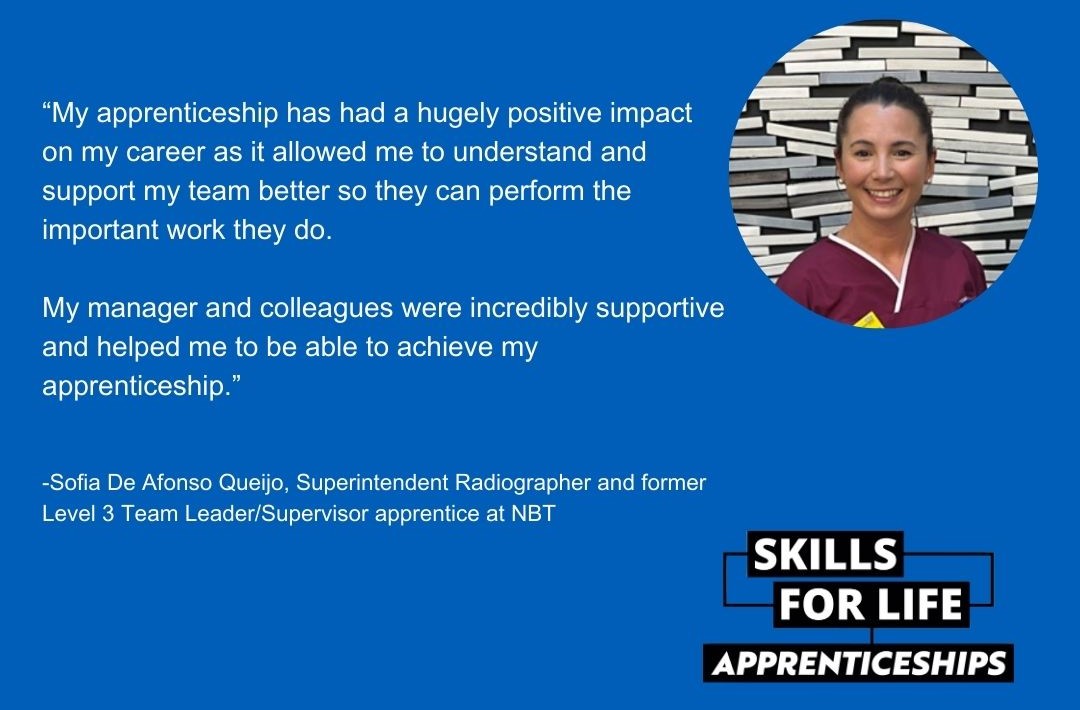Language Explorer
The Language Explorer Study
Investigators: Yvonne Wren, Miriam Seifert, Sam Harding, Lydia Morgan, Jen Chesters, Rebecca Bright, Swapnil Gadgil (Therapy Box), Cristina McKean
(University of Newcastle), Geraldine Bates (Sirona Care)
Funder: NIHR i4i Scheme
We are now in the final year of the Language Explorer study, where we are developing and assessing a new app to semi-automate language transcription and analysis. The app will assist speech and language therapists with clinical decision making for children with developmental language disorder (DLD).
BSLTRU are leading the clinical evaluation of the app, which has involved coordinating the assessment of children with DLD across clinical sites in Bristol, Hackney in East London, and Newcastle. We are currently using the data from these assessments to compare how children with DLD perform on the Language Explorer app, with data from 600 children with typically developing language collected in an earlier phase of the study.
Our clinical evaluation report will be completed in May 2022.




